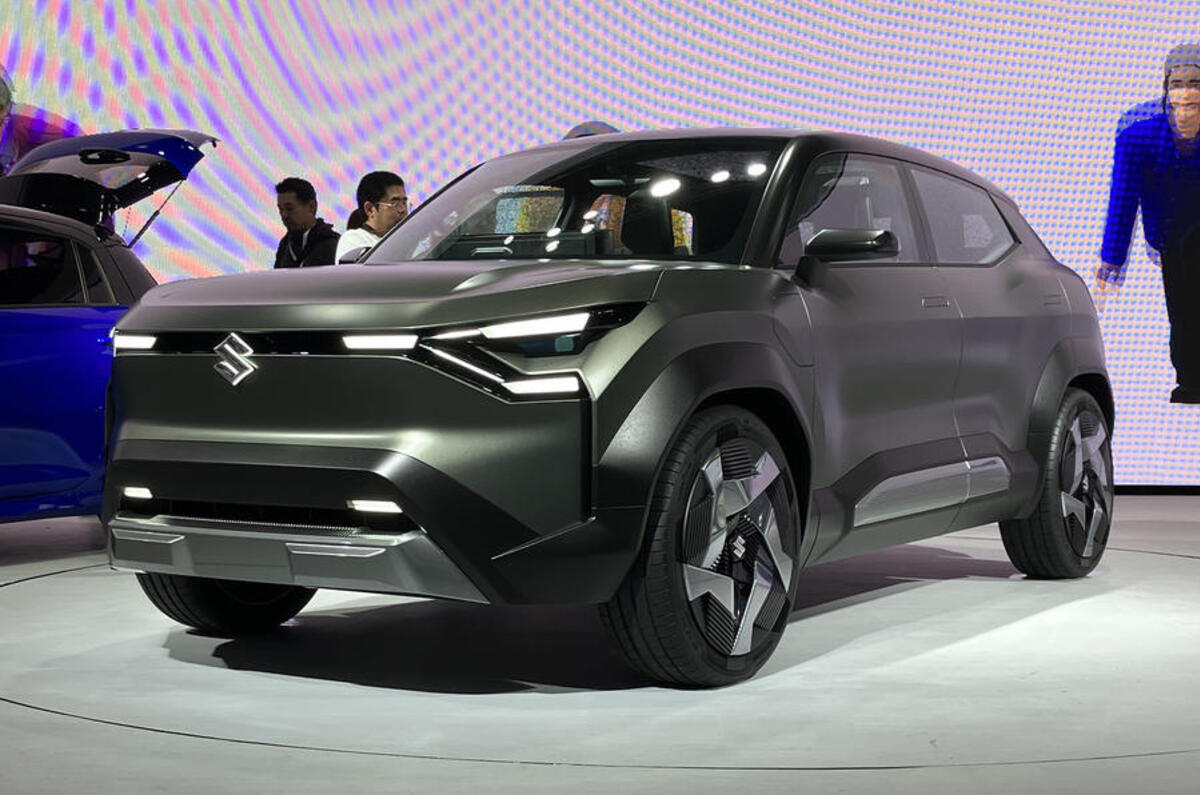Earlier this month, Tata Motors said it would build electric cars with its better-known subsidiary JLR at a plant in Gujarat, India, for export globally.
The resulting models from both brands will arrive next year, based on JLR’s EMA EV platform, which will also underpin smaller Range Rover models, including the electric follow-up to the Evoque.




Add your comment